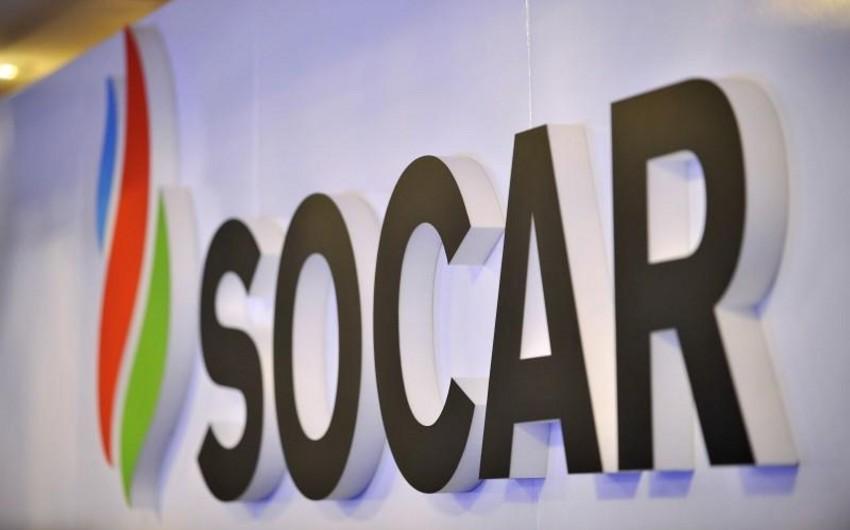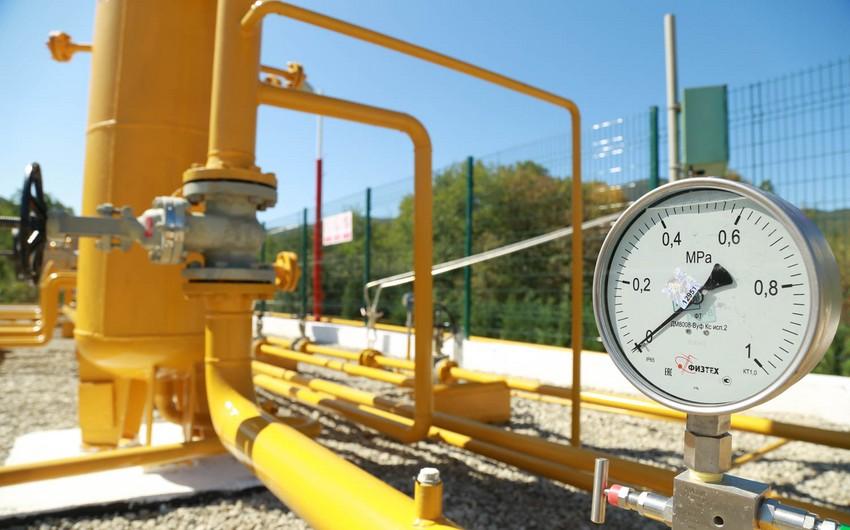Azerbaijan expands its energy influence in the Eastern Mediterranean Article by The Jerusalem Post
In a sharp and timely opinion piece for The Jerusalem Post, Gabriel Mitchell unpacks how Azerbaijan’s SOCAR entry into Israel’s Tamar gas field isn’t just about natural resources—it’s a bold geopolitical signal of deepening ties, strategic foresight, and quiet diplomacy done right. Caliber.Az brings its readers a detailed analysis of the thought-provoking article.
Mitchell’s opinion piece offers a nuanced and insightful examination of SOCAR’s acquisition of a 10% stake in Israel’s Tamar gas field, positioning it as more than a routine commercial transaction. Rather, Mitchell argues that the deal reflects deepening geopolitical alignment between Azerbaijan and Israel, highlighting the strategic and diplomatic dimensions behind energy partnerships in the Eastern Mediterranean.

Mitchell begins by contrasting the attention-grabbing nature of regional conflicts—particularly the ongoing Iran-Israel tensions—with the quieter but impactful commercial developments that often go overlooked. SOCAR’s formal entry into Israel’s natural gas market is framed as a stabilising move for both the Tamar consortium and Israel’s broader energy sector. Given that Tamar provides over 60% of Israel’s electricity, the diversification of its ownership structure is both practical and strategically significant. Mitchell underscores the concern that Israel has long struggled to attract new energy players, leading to an overreliance on a few dominant stakeholders. SOCAR’s arrival addresses this problem, enhancing resilience and reducing monopolistic tendencies.
Beyond energy economics, the author frames the deal as a milestone in Israel-Azerbaijan relations. Historically rooted in defence and security cooperation, the relationship is now expanding into commercial and diplomatic spheres. Mitchell points to Azerbaijan’s proactive regional role, notably hosting trilateral defence meetings between Turkish and Israeli officials, as evidence of Baku’s emerging status as a regional broker. In this light, the SOCAR deal is not merely a business venture, but a political signal—a reaffirmation of Azerbaijan’s willingness to engage with Israel at a time when others in the region remain distant or hostile.

Mitchell also interprets the deal as a message to global stakeholders, particularly the United States and Europe. By investing in Israel’s energy infrastructure and aligning itself with multilateral initiatives like the Abraham Accords, Azerbaijan is casting itself as a serious player in energy diplomacy and regional integration. The Tamar deal thus becomes a symbol of Azerbaijan’s broader ambitions: not only to diversify its own energy partnerships, but also to shape the evolving geopolitical order in the Middle East.
Finally, Mitchell lauds the approach behind the SOCAR deal as a model for Israeli diplomacy. Rather than relying on public declarations or grandstanding, the agreement reflects what he calls “quiet, pragmatic engagement” that yields real-world results. This strategic patience, he suggests, could be a useful blueprint for Israel’s future partnerships in a region increasingly defined by volatility and realpolitik.
Gabriel Mitchell is a senior policy fellow at the Mitvim Institute, a visiting fellow at the German Marshall Fund, and director of undergraduate studies at Notre Dame Jerusalem.








